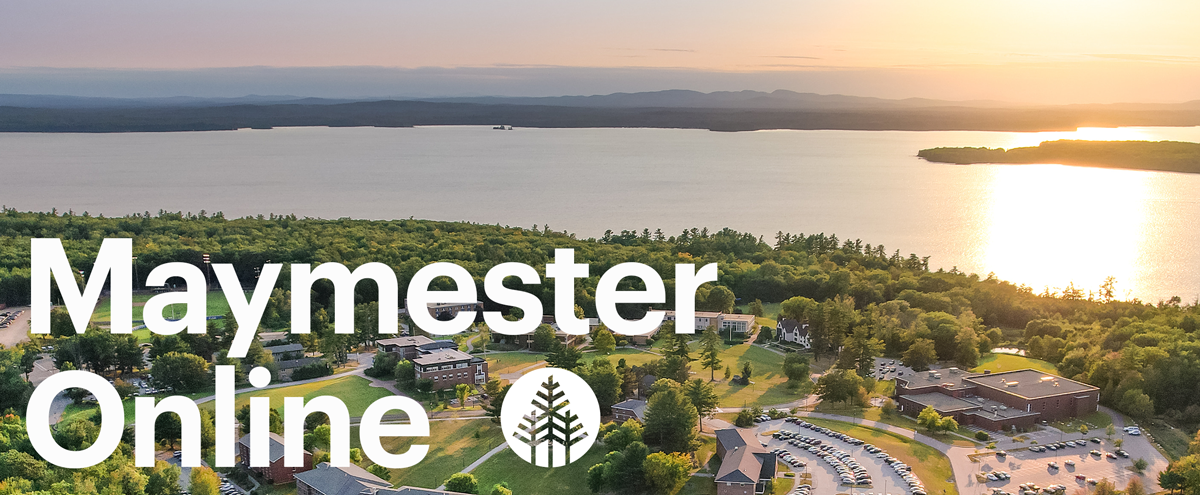Maymester 2025

This spring, we're bringing you an alternative way to boost your GPA, earn more Saint Joe's credits, and spend less. Following Commencement, SJC will offer seven Maymester courses, all online, in a six-week intensive format. Each course will feature one synchronous session and two asynchronous discussions per week, as well as other assessments determined by each instructor. And we're making Maymester more cost-effective than ever—sign up now for just $150 per credit hour (about $600 per course!).
Registration opens up on April 7, 2025. Complete this Maymester Registration Form and submit payment. Non-SJC students will need to submit a transcript from their current institution that includes their Fall 2024 grades. Courses run from May 12 to June 22, 2025. Get in early to secure your spot.
Courses
We're excited to offer the following 3 and 4 credit courses:
FAQ
Need Help?
Questions regarding academic programs?
Email Registrar at registrar@sjcme.edu.


About Saint Joe’s
Saint Joseph’s College of Maine is where community grows – on campus, online, and around the world. Since its founding in 1912 by the Sisters of Mercy, the College has transformed learners into leaders who sustain their communities. Our mix of classroom, experiential, and professional learning offers immersive career readiness on a liberal arts foundation.
The College is located on 474 idyllic acres overlooking Sebago Lake, one of Maine’s most beautiful spots and a popular four-season recreation area. A critical community resource for the Lakes Region of Maine, our campus is easily navigated on foot. Scenic paths connect campus buildings to a forest trail system and our own private sandy beach. Come for a walk, and stay for the panoramic view of the lake with the White Mountains as a backdrop on the horizon.
In the other direction, coastal Portland is only 20 miles to the southeast of Saint Joe's. Just one hour north of Portsmouth and two hours from Boston, Portland is a foodie haven known for incorporating the best of Maine's farms and waters. It was recently named the #1 Ranked Food City in America.